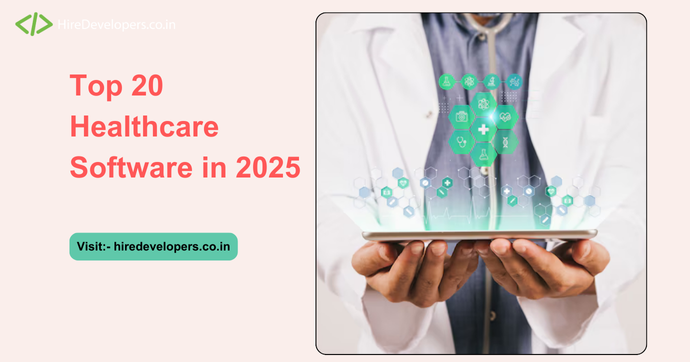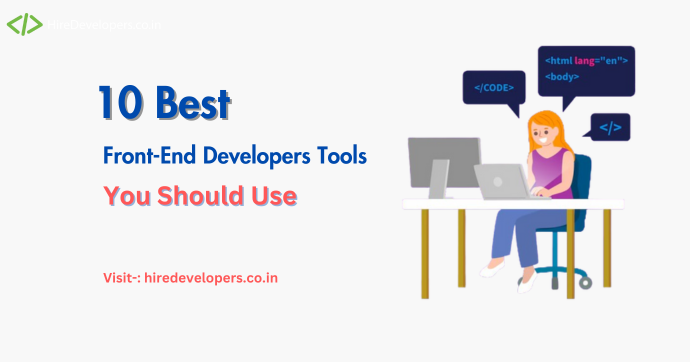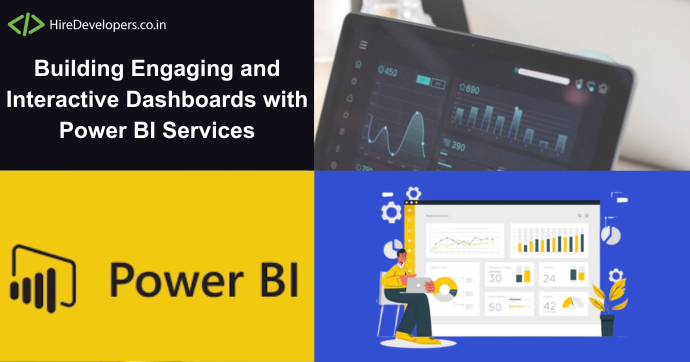December 1, 2024
Top 20 Healthcare Software in 2025: Transforming Medical Services

The healthcare industry has seen significant advances over recent years, with technology taking center stage. In 2025, healthcare software solutions continue to evolve, improving everything from patient care to administrative management. This blog covers the top 20 healthcare software options for the year, exploring each tool’s unique features and advantages. If you’re searching for healthcare software development services, here’s a look at the best in healthcare software to guide your choices.
What is Healthcare Software?
Healthcare software refers to the digital tools, applications, and systems designed specifically to support healthcare providers, administrators, and patients. It covers a wide range of technologies that help with everything from managing patient data and scheduling to billing, diagnostics, and treatment planning. The goal of healthcare software is to make medical services more accessible, efficient, and reliable for everyone involved.
These solutions aren’t limited to large hospitals or specialized clinics; they’re also widely used by smaller medical offices, pharmacies, and even individual practitioners. With the right software, healthcare providers can offer a better experience for patients while ensuring smoother day-to-day operations.
Top Healthcare Software Solutions
The top 20 healthcare software solutions in 2025, feature tools that stand out for their innovation, reliability, and Ai impact on the healthcare industry.
1. Epic Systems
Key Features:
- Comprehensive electronic health records (EHR) system.
- Patient scheduling, billing, and revenue cycle management.
- Integration with telehealth services.
Epic Systems has become a preferred choice for hospitals and clinics due to its robust EHR solutions that simplify patient management.
2. Cerner
Key Features:
- Intuitive patient records management.
- Data analytics for clinical decision-making.
- Cloud-based platform for secure data storage.
Cerner’s cloud-enabled software helps streamline patient data storage and provides data insights to improve patient care outcomes.
3. Allscripts
Key Features:
- Efficient EHR and practice management solutions.
- Population health management tools.
- Telemedicine integration.
Allscripts provides scalable solutions for both small practices and large hospitals, emphasizing interoperability and data sharing.
4. Meditech
Key Features:
- Integrated EHR for all healthcare settings.
- Simplified documentation process.
- Comprehensive patient portal for self-service options.
Meditech’s focus is on user-friendly interfaces and offering patients access to their health records anytime, enhancing the patient experience.
5. McKesson
Key Features:
- Inventory and supply chain management.
- EHR system integration.
- Financial and clinical analytics.
McKesson supports hospital systems in maintaining a seamless inventory and supply chain, which is crucial for efficient healthcare delivery.
6. Athenahealth
Key Features:
- Revenue cycle management.
- Telehealth and mobile health solutions.
- Strong focus on patient engagement.
Athenahealth is known for boosting patient involvement through digital channels, improving patient satisfaction and healthcare outcomes.
7. NextGen Healthcare
Key Features:
- Specialty-specific EHR solutions.
- Financial and practice management tools.
- Analytics for quality care.
Designed with specialty practices in mind, NextGen delivers tailored solutions for more efficient care delivery.
8. Greenway Health
Key Features:
- Cloud-based EHR and practice management.
- Patient engagement solutions.
- Customizable workflows for various specialties.
Greenway Health’s cloud-first approach allows healthcare providers to access critical patient information from anywhere.
9. Kareo
Key Features:
- Practice management for small practices.
- Simplified billing solutions.
- Patient scheduling and engagement tools.
Kareo is a trusted choice for independent practices, providing affordable, user-friendly solutions for practice management.
10. eClinicalWorks
Key Features:
- Integrated EHR and telehealth solutions.
- Population health management.
- Robust analytics for improved patient outcomes.
eClinicalWorks supports healthcare providers with tools to streamline clinical workflows and make informed decisions.
11. AdvancedMD
Key Features:
- Medical billing and revenue cycle management.
- Telemedicine integration.
- Cloud-based for remote access.
AdvancedMD’s telemedicine feature makes it ideal for practices seeking modern, remote patient care solutions.
12. CareCloud
Key Features:
- Revenue cycle management.
- Patient experience management.
- Data analytics for healthcare insights.
CareCloud offers a suite of tools for enhancing the patient experience, focusing on increasing efficiency and care quality.
13. InSync Healthcare Solutions
Key Features:
- Behavioral health EHR.
- Telehealth solutions.
- Billing and revenue management.
InSync is tailored for behavioural health providers, with tools that fit the unique needs of mental health care services.
14. Praxis EMR
Key Features:
- AI-based EHR for custom workflows.
- No templates, reducing repetitive documentation.
- Specialty-focused features.
Praxis EMR is renowned for its template-free design, which helps medical professionals personalize their workflow.
15. DrChrono
Key Features:
- EHR optimized for iPad and iPhone.
- Customizable medical billing.
- Patient engagement features.
DrChrono is highly adaptable for mobile use, perfect for clinics needing flexible, portable solutions.
16. NueMD
Key Features:
- Small practice EHR.
- Medical billing and practice management.
- Specialty-based customization.
NueMD’s focus is on small to mid-sized practices, with a user-friendly interface and efficient billing processes.
17. PointClickCare
Key Features:
- Long-term care management.
- EHR with a focus on senior care.
- Billing and financial management tools.
PointClickCare is essential for eldercare facilities, addressing specific needs in long-term patient management.
18. GE Healthcare
Key Features:
- Imaging and diagnostics software.
- Patient data management.
- Workflow solutions for hospitals.
GE Healthcare is known for its diagnostics and imaging tools, which integrate seamlessly into hospital workflows.
19. CureMD
Key Features:
- Simplified EHR and billing solutions.
- Cloud-based platform.
- Strong customer support.
CureMD is valued for its user-friendly EHR and robust billing capabilities, making it a top choice for small to medium practices.
20. Amazing Charts
Key Features:
- Simple EHR for independent practitioners.
- Affordable pricing model.
- Integrated billing and patient engagement.
Amazing Charts is ideal for solo practitioners looking for an affordable, straightforward EHR system.
Conclusion
With advancements in technology, healthcare software is enhancing patient care, streamlining administrative tasks, and improving data management. From EHR systems to telemedicine integrations, the right software can transform how healthcare providers operate. Each software in this list offers unique features to meet the varied needs of healthcare settings, from small clinics to large hospitals. If you’re considering a software development company to assist in integrating these tools, choosing one experienced in the healthcare sector can help you make the most of these innovations.
FAQs
Q.1. What is healthcare software?
Ans. Healthcare software refers to various applications designed to help medical professionals, from managing patient records to scheduling appointments and billing.
Q.2. How does healthcare software improve patient care?
Ans. By streamlining patient management and providing data insights, healthcare software allows medical professionals to focus on personalized and efficient care.
Q.3. What factors should I consider when choosing healthcare software?
Ans. Consider features like ease of use, patient management capabilities, billing options, and whether it integrates well with existing systems.
Q.4. Why is telemedicine a key feature in healthcare software?
Ans. Telemedicine has become vital as it offers remote patient consultations, which improves accessibility, especially for patients in remote locations.
Q.5. How secure is healthcare software?
Ans. Most healthcare software comes with high-grade security protocols to protect sensitive patient data, including encryption and compliance with healthcare regulations.
Tags-:





